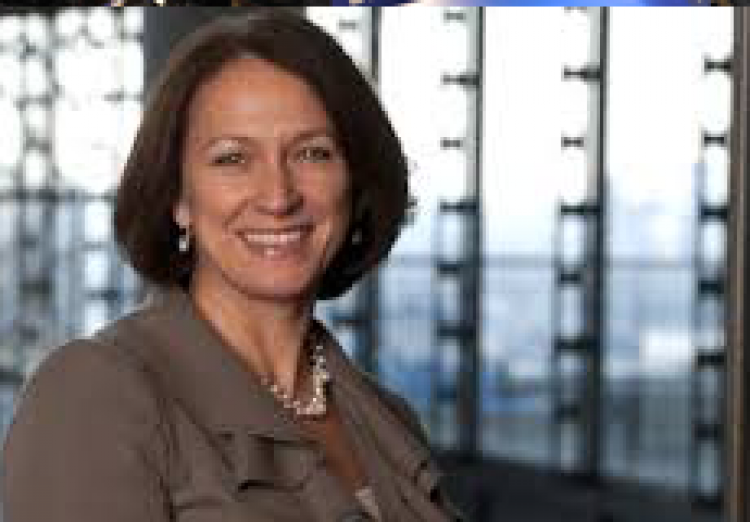Being good at your job is only part of the answer – Lloyd’s CEO

Lloyd’s chief executive Inga Beale gave a highly personal account of her own career path, in an inspirational keynote at the start of the fastTrack Forum.
The current unprecedented change in the business world means exciting opportunity for young risk professionals who are able to think about things differently and develop the necessary skills, she said. But being good at your job is not enough on its own to make progress. As she discovered early in her career, people who rely purely on the quality of their work can be overlooked and taken for granted.
Instead she recommended PIE – a mixture of Performance, Image and Exposure. Performance is a given, but Image is another matter. Do you know how you come across to other people and how it affects your career progress? Using her own personal experience of how critical advice from her boss had helped to improve her image, she urged the audience to seek out the views of others, and especially to get feedback from colleagues. “Think about your brand,” she advised.
On Exposure, she recounted how her career breakthrough came when she was posted to company headquarters in Kansas City, where she was exposed to the C-suite and able to make her mark. “There’s nothing like networking and getting exposure to the right people,” she said. “It’s so important.”
Earlier in her talk, she discussed the changes taking place in the business and insurance world. For anyone involved in insurance, she said an ability to understand big data is now a must.
Describing the digital revolution and the changes it is creating as “hard to get your head around,” she reminded the audience that the world is tilting towards Asia. One city in China will soon have a greater GDP than the whole of Sweden, whilst China will be home to more large companies than either Europe or the United States.
High-value assets, meanwhile, are becoming more and more concentrated and inter-connected. This increases efficiency, but makes industry more vulnerable to catastrophic events. We are now in a world where man-made catastrophes are more of a financial threat than natural ones, she said. Cyber-crime alone is estimated to cost $450 billion annually.
She said young risk professionals able to adapt to these changes had a great future. Think about things differently, she urged. Become your own destructive force. “If you change these challenges into opportunities, it is a very exciting place to be.”
